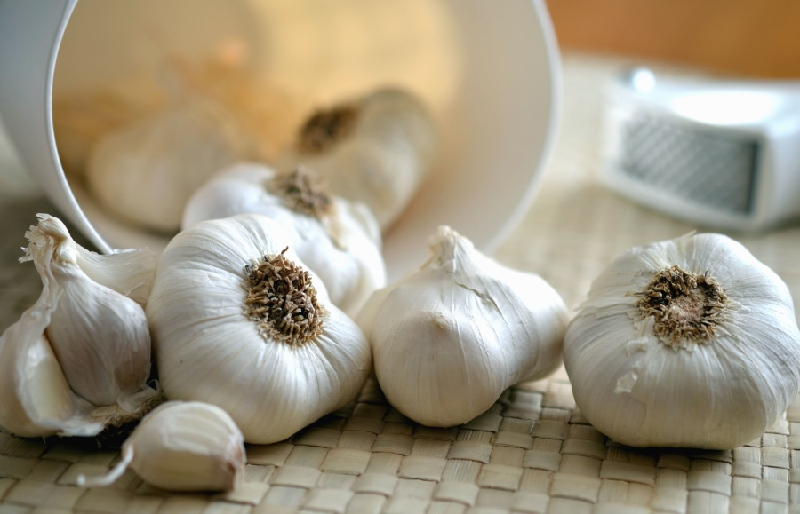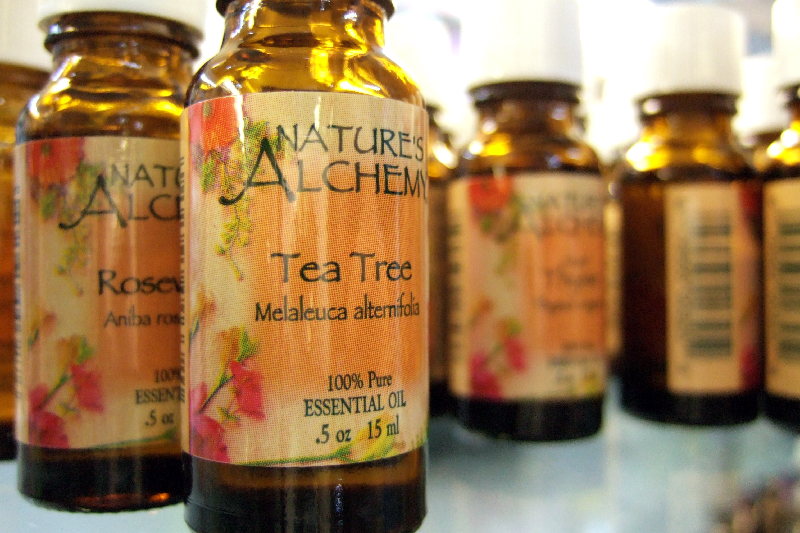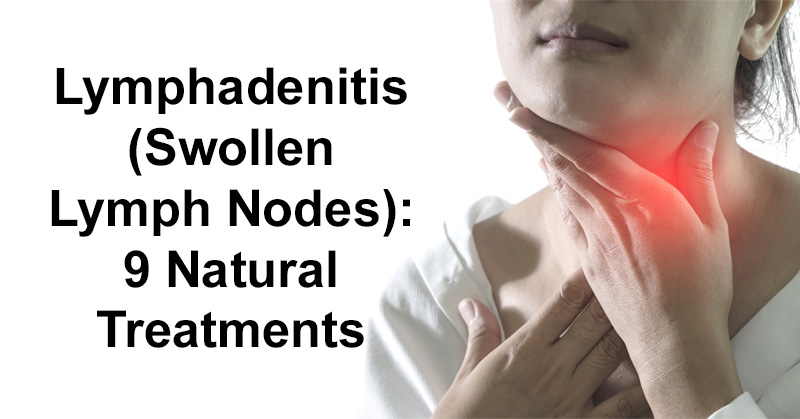Swollen lymph nodes, or in particular, lymphadenitis, occur as a result of exposure to bacteria or viruses. (1) Lymphadenitis causes tenderness and pain in the lymph nodes. Lymphadenitis symptoms also include swelling in the lymph nodes that is roughly the size of a pea. Furthermore, lymphadenitis causes, or can cause, swelling of other lymph nodes around your entire body. Symptoms may be accompanied with other symptoms as well, such as runny nose and fever. To combat lymphadenitis, there are various treatment methods you can try. Traditional lymphadenitis treatment plans include antibiotics, pain killers and other medications. (2) However, there are also natural lymphadenitis treatment techniques.
When your lymph nodes first swell, you will likely notice: (3)
- Tenderness and pain in the lymph nodes
- Swelling that may be the size of a pea or even a kidney bean in the lymph nodes. Although, this swelling could be even larger.
- Depending on what has caused your swollen lymph nodes, other signs and symptoms might include:
- Runny nose, sore throat, fever( as well as other indications of an upper respiratory infection)
- General swelling of lymph nodes throughout your body. This may be indicative of an infection, such as HIV or mononucleosis. It could also indicate an immune disorder, such as lupus or rheumatoid arthritis.
- Hard, fixed, rapidly growing nodes, indicating a possible tumor
- Fever
- Night sweats
A viral infection such as the common cold is the most common cause of swollen lymph nodes.
Other possible causes of swollen lymph nodes include the following:
- Strep throat
- Measles
- Ear infections
- Infected (abscessed) tooth
- Mononucleosis
- Skin or wound infections, such as cellulitis
- Human immunodeficiency virus (HIV) — the virus that causes AIDS
It may also be one of these uncommon infections:
- Tuberculosis
- Certain sexually transmitted infections, such as syphilis
- Toxoplasmosis: This is a parasitic infection, which results from contact with the feces of an infected cat. You can also get it from eating undercooked meat.
- Cat scratch fever: This is a bacterial infection you can contract from a cat scratch or bite
To help fight painful lymphadenitis symptoms, here are 9 natural treatments:
1. Raw Garlic

Studies show that raw garlic, specifically allicin, is extremely effective at destroying infection-causing microorganisms.
Every day, crush 2-3 cloves of raw garlic daily until the infection is gone. When you chop the the garlic, it activates allinase enzymes in the garlic’s cells, which produces the allicin that helps fight infections. (4)
2. Manuka Honey
Manuka honey is also fantastic for fighting infections. Since Manuka honey, and even raw honey, has a low pH level and high sugar content, researchers suggest it might hinder the growth of microbes. Manuka honey in particular can stop the growth of bacteria throughout the body and help to treat bacterial infections that are causing enlarged lymph nodes. (5)
You’ll want to get genuine UMF (Unique Manuka Factor) Manuka honey that has a rating of UMF10 or higher.
3. Colloidal Silver
Colloidal silver attaches to bacteria cell membranes directly and produces respiration-blocking effects. Unlike prescribed antibiotic drugs, colloidal silver doesn’t create an immunity in the organisms it kills. It kills pathogens within minutes of exposure. (6)
Take one drop of colloidal silver internally. Alternatively, add five drops to a neti pot. However, you shouldn’t use it for more than 14 days in a row.
4. Apple Cider Vinegar

The acetic acid in apple cider vinegar kills bad bacteria but also promotes the growth of beneficial bacteria. This makes it a great choice to treat infections. (7)
Take 2 tablespoons of apple cider vinegar in one glass of water 3 times daily for lymphadenitis-related infections. Alternatively, try applying an apple cider vinegar-soaked cloth it to the inflamed lymph node.
5. Vitamin C
Vitamin C can treat a stressed immune system that is trying to fight an infection. It can also ward off complications from infections, such as lymphadenitis. (8)
Adults, up your vitamin C to 4,000 milligrams, if you already have swollen lymph nodes. Furthermore, eat foods rich in vitamin C, such as pineapple, kale, grapefruit, strawberries, oranges and papaya.
6. Astragalus Root
Since it has potent antiviral, antimicrobial and anti-inflammatory capabilities, astragalus root can help fight viral infections, such as mono. (9)
You can take astragalus as a tincture or in capsule form. Alternatively, buy it dried and add it to hot water.
7. Oregano Essential Oil
According to a 2016 study published in Frontiers in Microbiology, oregano oil has powerful antibacterial capabilities against some bacterial strains that are resistant to antibiotics. Against all 17 strains that were tested, oregano oil showed bactericidal effects. (10)
An added bonus? Oregano won’t mess with your healthy gut bacteria. Antibiotic drugs, however, do the opposite.
For swollen lymph nodes, take oregano oil internally for no more than two weeks. When taking it internally, be sure to dilute it with water or mix it with coconut oil.
8. Tea Tree Essential Oil

According to research out of India, tea tree oil is effective against bacteria and can help to fight infections. The studies show that upon applying tea tree oil, there was an instantaneous effect. It was then followed by a slow-released effect over a 24-hour period. This means that after an initial effect, the oil continues to work with the body to fight infection after the fact. (11)
Do not take tea tree oil internally. However, you can diffuse it at home or inhale it directly from a bottle. You can also apply it topically to the area in question. If you choose to use it on your skin, however, be sure to first dilute only a couple of drops with equal parts coconut oil.
9. Cool Compress
You might try a cool compress to the inflamed area. This can help reduce pain and swelling. Do this for 10 to 15 minutes a few times a day until the swelling diminishes.
Bonus tip: Add 1-2 drops of tea tree oil to the compress. Furthermore, elevate the area of your body that is swollen. Doing these things will also help combat the infection that’s causing lymphadenitis.
https://www.youtube.com/watch?v=uUtNgKArfR4


